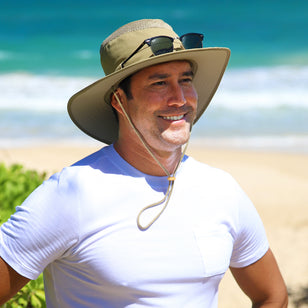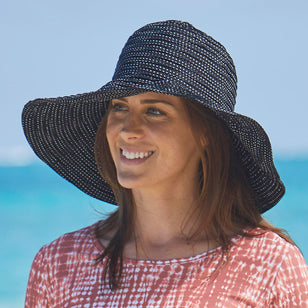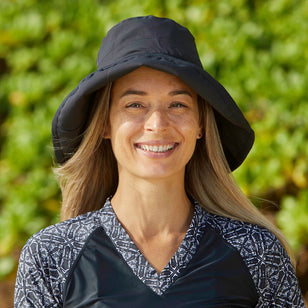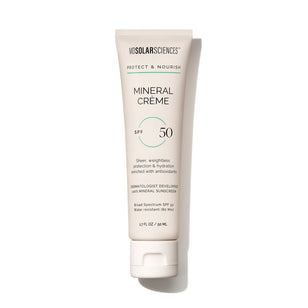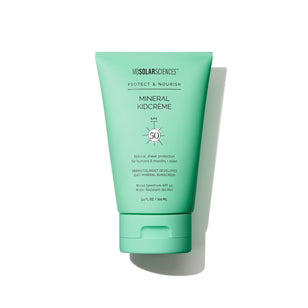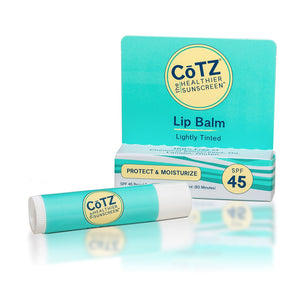How to Care for Your Skin After Skin Cancer with Dr. Pearson

There's so much information on the internet about how to protect your skin from the sun to avoid getting skin cancer, but what about post skin cancer care? If you or a loved on you know is in remission from melanoma or another type of skin cancer and unsure about how to take care of your/their skin, this blog post is for you!
Today, UV Skinz shares an interview with Board-Certified Dermatologist Dr. Kelly Pearson to answer the most commonly asked questions regarding post skin cancer skin care.
Skincare Tips for Individuals Who Have Had Skin Cancer, a Q&A with Dr. Pearson
What Are the Most Common Issues People Who Have Skin Cancer Face?
I always try to make sure my patients who have had skin cancer numerous times don’t get “burnt out” on too many procedures. I work with them to figure out the best treatments possible without overwhelming them. Some issues people with skin cancer may face is the emotional component of their diagnoses, so I work with them to create a tailored treatment plan.
Some of my patients prefer visits more often to have fewer procedures, whereas other prefer fewer visits and more aggressive medications.
How Should You Care for Your Skin if You Currently Have Skin Cancer?
The number one thing you can do for yourself is to remember to protect your skin from the sun. Besides avoiding the sun, the best line of defense is sun protective gear and clothing. Wide-brim hats and clothing with a UPF rating built in is simply the best.
After that is high SPF sunscreen, the higher the better. Also, I recommend daily heliocare supplements, which enhances UV protection.
How Should You Care for Your Skin if You’re in Remission from Skin Cancer?
Protect your skin from the sun with UPF clothing and sunscreen. Try to avoid the sun during peak sun hours when the UV index is high.
Pack items like sun hats, sun sleeves and gloves, and neck gaiters with you and wear them with your UPF clothing if you know you will be exposed to the sun for an extended period of time.
How Does a Previous Skin Cancer Diagnosis Impact Your Skincare Routine and Product Choices?
After being diagnosed with skin cancer, I recommend more diligent sun avoidance and protection methods as well as skin checks at least 2 to 3 times a year. Wear SPF 50 or higher sunscreen and take daily heliocare supplements.
Are There Any Specific Ingredients or Products That Individuals with a History of Skin Cancer Should Avoid?
There are certain medications that can increase your sensitivity to the sun, which should be avoided.
Some common medications include hydrochlorotiazide, doxycycline, voriconazole, and many others.
What Are the Best Practices for Protecting Your Skin from Further Damage After Skin Cancer Treatment?
In addition to all the recommendations above, some patients qualify for photodynamic (blue light) therapy or creams to reverse sun damage. These are sometimes referred to as “chemo creams”. I also recommend taking the daily B vitamin known as nicotinamide.
How Does Sun Exposure Affect Individuals Who Have Had Skin Cancer, and What Precautions Should They Take?
Those who have had skin cancer are always at increased risk going forward, so they need to stick to all the recommendations discussed.
What Role Do Regular Skin Examinations Play in the Post-Cancer Skincare Routine?
Skin checks by board certified dermatologists will always result in an earlier detection and treatment, which leads to much better outcomes.
Are There Any Dietary or Lifestyle Changes That Can Support Skin Health for Skin Cancer Survivors?
Switching off of hydrochlorothiazide can help in those on it with history of squamous cell carcinoma.
Foods high in vitamin A have also been shown to be beneficial to cancer patients. This includes leafy greens, fish oil, eggs, red peppers, and tomatoes. Please speak to your dermatologist and/or health care professional for more information.
How Can Skin Cancer Survivors Maintain Proper Hydration for Their Skin?
Regular use of thick creams and emollients help protect your skin and maintain the skin's barrier.
What Are Some Recommended Products or Brands That Cater to the Needs of Skin Cancer Survivors?
I recommend sun protective clothing! Sunscreen with an SPF of 45 or higher and heliocare supplements.
Hot tip: Feel free to browse our UPF 50+ clothing for the entire family here at UV Skinz.
Are There Any Specific Tips for Managing Scarring or Changes in Skin Texture After Skin Cancer Treatment?
It's very important to keep the surgical site clean, covered, and tension-free the first 2 to 3 weeks (with Vaseline or Aquaphor or silicone scar gel). After that silicone scar gel is helpful.
How Does Age Play a Role in Post-Cancer Skincare, and What Adjustments Should Be Made for Different Age Groups?
Individuals of every age need to follow the same recommendations as I mentioned above.
Can You Provide a List of Recommended Dermatologists or Specialists Who Are Experienced in Caring for Skin Cancer Survivors?
I work with the amazing Mohs surgeon Dr. Ogrich at Clear Dermatology along with my other medical dermatology colleagues, Dr. Pam Mundell and Dr. Yousef Yonan.
Are There Any Alternative or Complementary Skincare Therapies That Could Benefit Skin Cancer Survivors?
I highly recommend heliocare with nicotinamide daily and a diet high in vitamin A.
What Are Some Signs that Warrant Immediate Medical Attention for Skin Cancer Survivors?
A new black spot, a wound or pimple that won’t heal or a mole that gets darker or larger.
How Can Emotional Well-Being and Self-Care Practices Impact Skin Health for Those Who Have Had Skin Cancer?
Overall health is very important and will help you with your healing and recovery. That means taking care of yourself physically and emotionally, so getting enough sleep, eating healthy, reducing stress, and turning to loved ones for support.
Is There Anything Else You’d Like to Share with Our Readers?
Please make sure you are seeing a board certified dermatologist as they will have the most experience with dermoscopy. They are also experts at diagnosing skin cancer as well and won't have you undergo any unnecessary procedures.
Be sure to subscribe to our email list to learn more about our Doc Talks and how to care for your skin. And check out our collection of UPF 50+ clothing for the whole family to stay sun-safe all year long.
